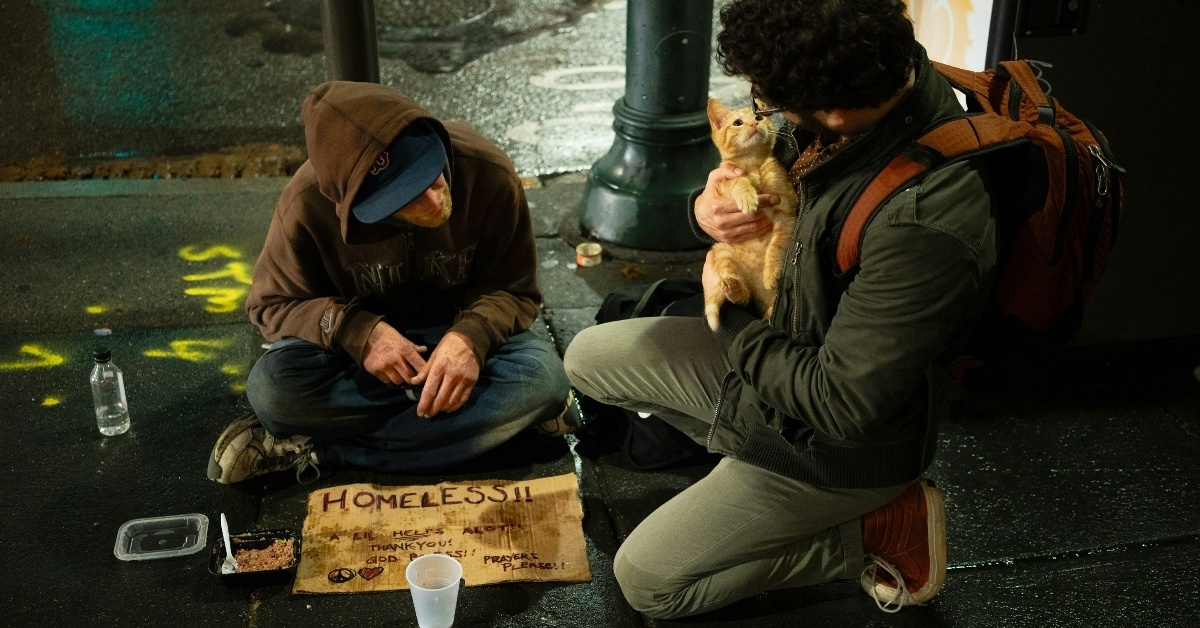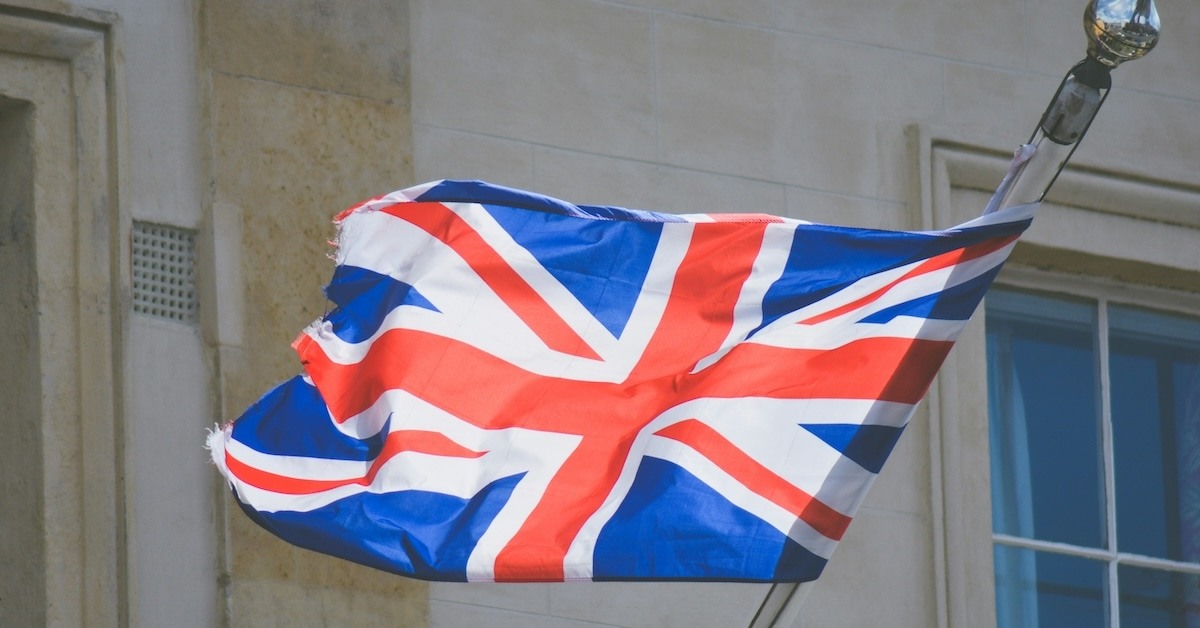BY: Walker
Published 4 years ago

Philadelphia became the first major U.S. city to ban police officers from stopping cars for low-level driving violations after Democratic Mayor Jim Kenney signed two landmark bills into law this week.
via: Revolt
According to The Hill, Philadelphia Mayor, Jim Kenney, signed two bills into laws this week that will track and halt the type of policing that has disproportionately affected Black drivers for decades. The bill is set to go into effect 120 days after Mayor Kennedy signed both bills — which The Hill reports took place Wednesday (Oct. 27). The legislation is expected to be implemented through executive action that the Mayor’s office said will be signed by Nov. 3.
The Driving Equality bill cleared a city council vote 14-2 on Oct. 14. It reclassifies certain motor vehicle code violations as “primary” violations and “secondary” violations. Officers are permitted to conduct traffic stops for primary violations, however, “secondary” violations such as bumper issues, one brake light or one headlight not working, and unlawful operation without evidence of emission inspection, among other offenses, will no longer be enough to stop drivers, per the bill.
Councilmember Isaiah Thomas, who authored the bills, sponsored the legislation in an effort to put an end to the traffic stops that hamper police relations with minority communities. The companion bill he sponsored mandates that the police department collect information for all vehicle stops and release them publicly in a database.
Councilmember Thomas introduced the bills in Oct. 2020 to reduce “the tension between police and community members by removing negative interactions,” CNN reports. “I am humbled by every person who told my office of the humiliation and trauma experienced in some of these traffic stops,” Thomas said in a statement. “To many people who look like me, a traffic stop is a rite of passage — we pick out cars, we determine routes, we plan our social interactions around the fact that it is likely that we will be pulled over by police.”
Black drivers accounted for 72 percent of nearly 310,000 traffic stops made in Philadelphia between Oct. 2018 and September 2019, according to CNN. The Philadelphia Police Department is expected to train its officers to follow the new guidelines. “We believe this is a fair and balanced approach to addressing racial disparity without compromising public safety,” the department said in a statement. “This modified enforcement model for car stops furthers the Department’s priority of addressing the issue of racial disparity in the Department’s investigative stops and complements the Department’s efforts to address these same issues in pedestrian stops.”
As REVOLT previously reported, Minneapolis, Mayor Jacob Frey announced in August that the Minneapolis Police Department will no longer conduct pretextual traffic stops for low-level offenses. Officers cannot make pretextual stops for “expired tabs, an item dangling from a mirror, or an expired license,” according to a press release. In March, Virginia became the first state to prohibit the same low-level traffic stops. Officers, within the state, cannot lawfully stop drivers for minor infractions such as broken taillights, tinted windows and the aroma of marijuana.
Finally some positive laws going into effect.










